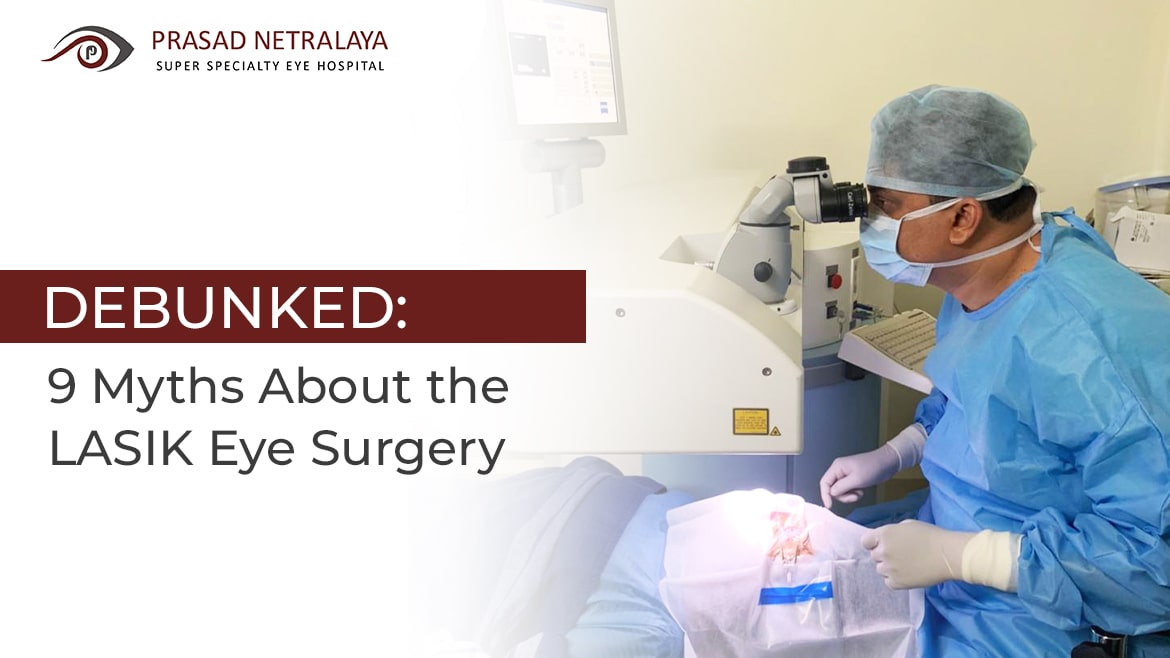
Clarity Unveiled: Navigating LASIK Technology Advancements
LASIK technology has undergone significant advancements, revolutionizing the landscape of vision correction. Explore the cutting-edge innovations that propel LASIK into new realms of precision, safety, and customization, offering individuals a clearer and more reliable path to visual freedom.
Evolution of Laser Technology in LASIK
The heart of LASIK lies in laser technology, and over the years, this technology has evolved remarkably. From the early excimer lasers to the latest femtosecond lasers, LASIK has embraced advancements that enhance precision and reduce recovery times. These lasers sculpt the cornea with unprecedented accuracy, allowing for tailored vision correction.
Femtosecond Laser: A Game-Changer in LASIK
One of the notable LASIK advancements is the integration of femtosecond laser technology. This ultra-fast laser replaces the microkeratome, the mechanical device traditionally used to create the corneal flap during LASIK surgery. The femtosecond laser offers a bladeless, more precise flap creation, reducing the risk of complications and expanding the pool of eligible candidates for LASIK.
Wavefront Technology for Personalized Vision Correction
Wavefront technology has introduced a new level of customization in LASIK procedures. This technology creates a detailed map of the eye, capturing unique imperfections, known as higher-order aberrations. With this information, LASIK surgeons can tailor the laser treatment to address individual visual irregularities, optimizing not just visual acuity but also contrast sensitivity and night vision.
Topography-Guided LASIK for Enhanced Outcomes
Building upon wavefront technology, topography-guided LASIK takes customization to the next level. By incorporating corneal topography data, this advanced technique allows surgeons to address irregularities specific to the corneal surface. Topography-guided LASIK aims for superior visual outcomes, reducing the likelihood of glare, halos, and other visual disturbances.
Bladeless LASIK: Redefining Safety and Precision
Traditional LASIK procedures involved the use of a microkeratome, a small blade, to create the corneal flap. In contrast, bladeless LASIK employs femtosecond laser technology for both flap creation and corneal sculpting. This bladeless approach enhances safety, reduces the risk of complications, and contributes to the predictability and precision of the LASIK procedure.
Advanced Eye-Tracking Systems for Accuracy
Eye-tracking systems play a vital role in LASIK procedures by monitoring and adjusting for eye movements in real-time. Modern LASIK platforms incorporate advanced eye-tracking technology, ensuring precise delivery of laser pulses even if the eye moves slightly during the procedure. This technological refinement enhances the accuracy and effectiveness of LASIK.
Intraoperative OCT: Real-Time Imaging Precision
Intraoperative Optical Coherence Tomography (OCT) is a breakthrough in LASIK technology, providing real-time, high-resolution imaging during the procedure. Surgeons can visualize the cornea’s internal structures, confirming the accuracy of the laser ablation and making any necessary adjustments. Intraoperative OCT adds an extra layer of precision to LASIK surgeries.
Smart LASIK: Artificial Intelligence Integration
The integration of artificial intelligence (AI) into LASIK, often referred to as Smart LASIK, marks a futuristic advancement. AI algorithms analyze vast amounts of patient data to refine treatment plans and predict outcomes. This data-driven approach enhances the predictability of LASIK results and contributes to the ongoing improvement of surgical techniques.
Enhanced Safety Protocols in LASIK
Advancements in LASIK technology extend beyond the procedure itself to include enhanced safety protocols. From advanced sterilization techniques to improved patient monitoring systems, LASIK clinics are implementing rigorous measures to ensure patient safety and minimize the risk of complications during and after the procedure.
Patient-Centric LASIK: Tailoring Experiences for Individuals
LASIK technology advancements not only focus on surgical precision but also on improving the overall patient experience. Personalized treatment plans, advanced diagnostic tools, and thorough preoperative evaluations contribute to a patient-centric approach. LASIK has become more accessible, comfortable, and tailored to individual needs, fostering a positive journey to visual freedom.
Exploring LASIK Technology Advancements Further
For a deeper dive into the latest LASIK technology advancements and to discover how they can redefine your path to clear vision, visit LASIK Technology Advancements. This resource offers additional insights, expert perspectives, and resources to empower you in making informed decisions about your LASIK journey.
In conclusion, LASIK technology advancements represent a remarkable journey towards precision, safety, and personalized vision correction. From femtosecond lasers to AI integration, these innovations collectively contribute to redefining LASIK as a sophisticated and patient-centric procedure, unlocking new possibilities for those seeking visual clarity.